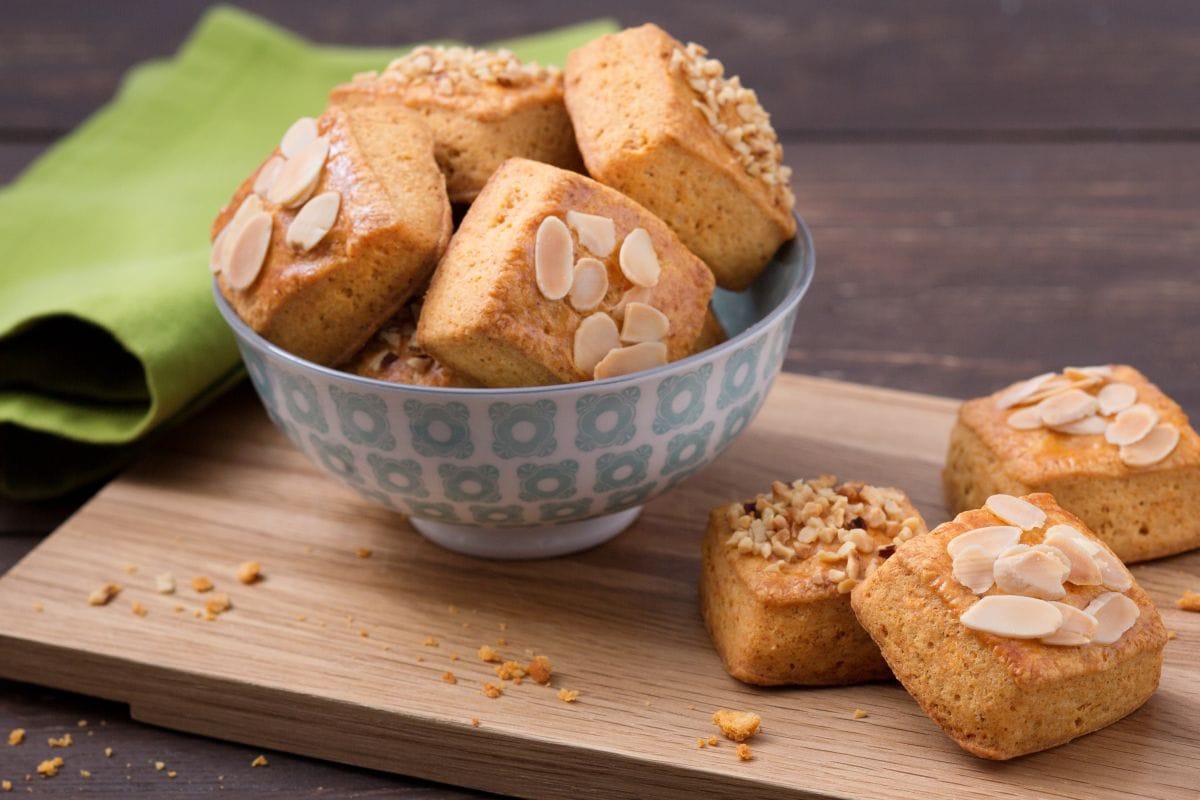Paprika Chicken
- Very easy
- 1 h 5 min

Paprika cookies—they are not your average treat. Really. These goodies come from Hungary, and to be honest, their backstory is as intriguing as their flavor. There's this old Turkish legend, where a young Hungarian woman picked up the art of paprika in a harem—bringing it back home and sparking a culinary trend. So cool, right? And the magic does not stop there. What really, really makes these paprika cookies pop is how paprika gives a gentle heat and a subtle smoky kick. But it doesn't overpower. Not at all.
The texture? Tender and oh-so-perfect with Parmesan. It adds this salty, savory punch that's just—wow. Seriously good. It’s like a unique twist on the traditional cookie. And here’s the deal: most people think cookies should be sweet, but these surprise you in the best way.
In Hungary, folks love to play around with different types of paprika—like, sometimes it is smoked, sometimes it's milder. And you know what? That means you can tweak how spicy or bold the flavor gets. Pretty cool. These spicy cookies are awesome at aperitivo, especially with the legend. Sharing a plate of paprika cookies with some wine or bubbly? Feels just right.
These aren’t your typical cookie recipes. Nope. That’s why they’re such a hit. You get a golden color from the paprika, a touch of tangy cheese, and a crispy edge that makes each bite super tasty. People who love trying new things will adore them. Really, they’re not just tasty—they’re a fun conversation starter and nod to quirky food history.
So, next time you wanna impress your guests, whip up these unique cookies. Tell the tasty tale behind them. Trust me, they're sure to become a memorable part of your entertaining repertoire. Can't go wrong with that.

To prepare the paprika cookies, start by placing the flour and cold butter cut into pieces in a food processor 1. Season with salt and pepper, add the baking powder 2, and blend until you get a sandy texture. Transfer the sandy mixture to the work surface 3,

create the classic well in the center 4 and add the paprika, grated parmesan cheese 5, give it a stir, and then pour in the eggs while mixing with your hand 6.

Now knead until you get a smooth and homogeneous dough 7. Cover it with plastic wrap and let it rest in the refrigerator for at least half an hour 8. After this time, take the dough and roll it out on a lightly floured work surface using the rolling pin to get a sheet about 1/4 inch thick 9.

Use a 2x2 inch square cookie cutter to cut out the first cookies 10: as you go, place them on a baking sheet lined with parchment paper 11. Before moving on to baking, gather the scraps, knead them again, and let them rest in the fridge as before. In the meantime, decorate the cookies by brushing them with a bit of egg 12.

Then sprinkle them with chopped hazelnuts 13 and almond flakes 14 and bake the first batch of cookies in a preheated oven, static mode, at 390°F for about 20 minutes 15.

Once baked and slightly golden 16, let the paprika cookies cool completely on a wire rack 17 before consuming them 18.